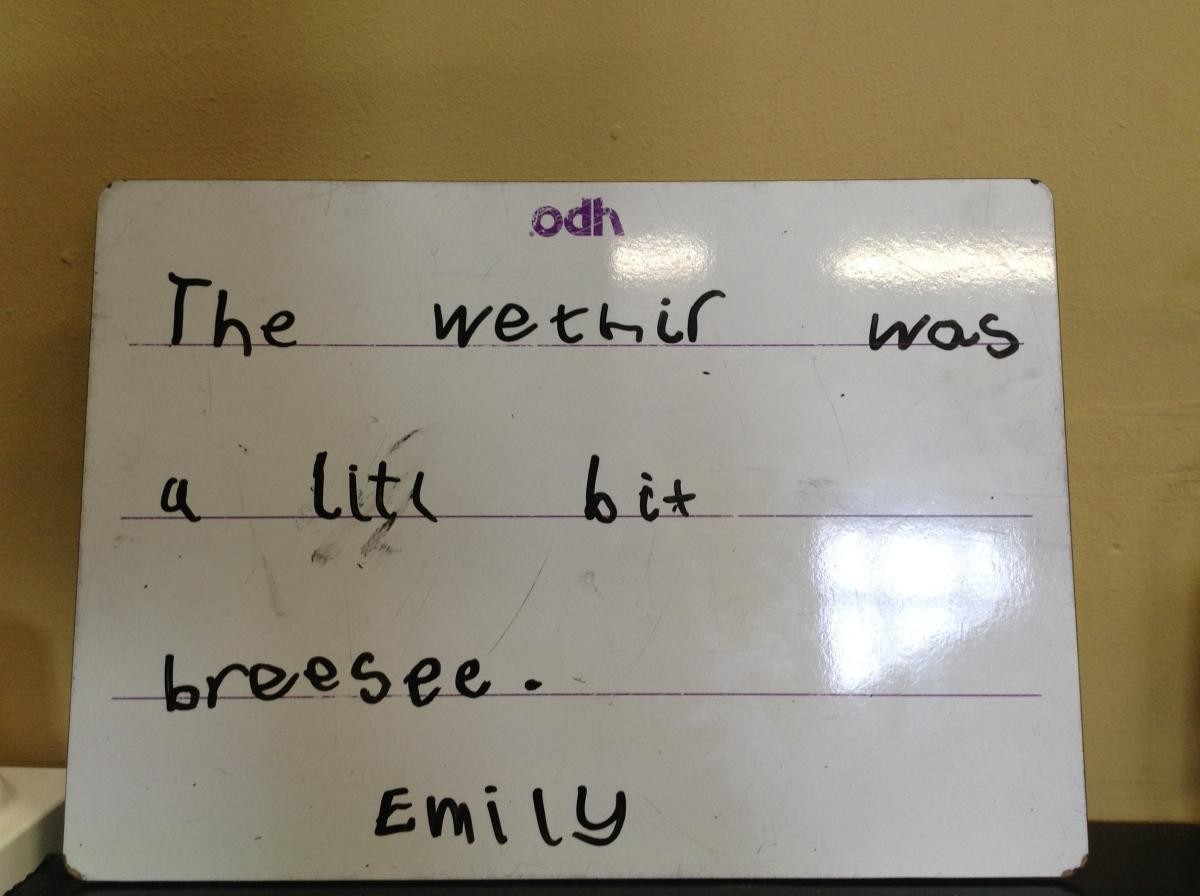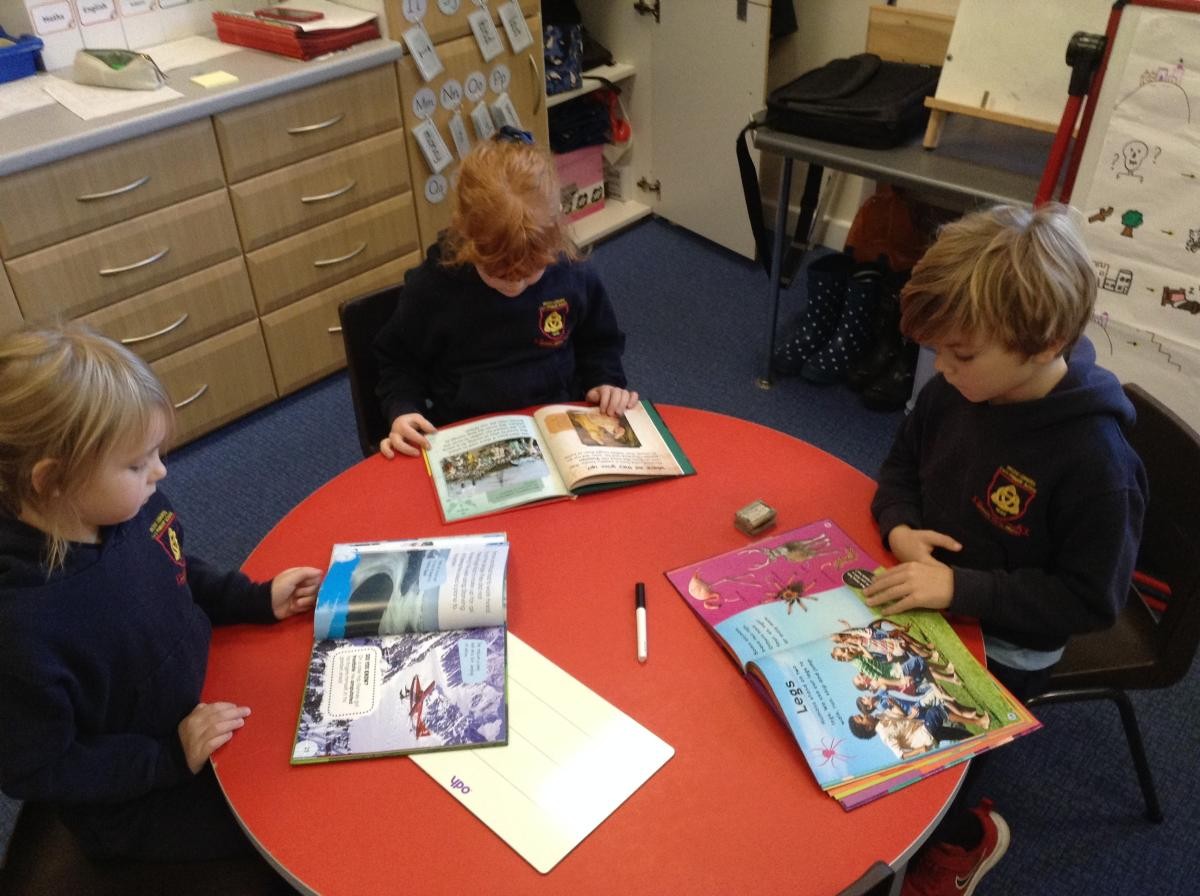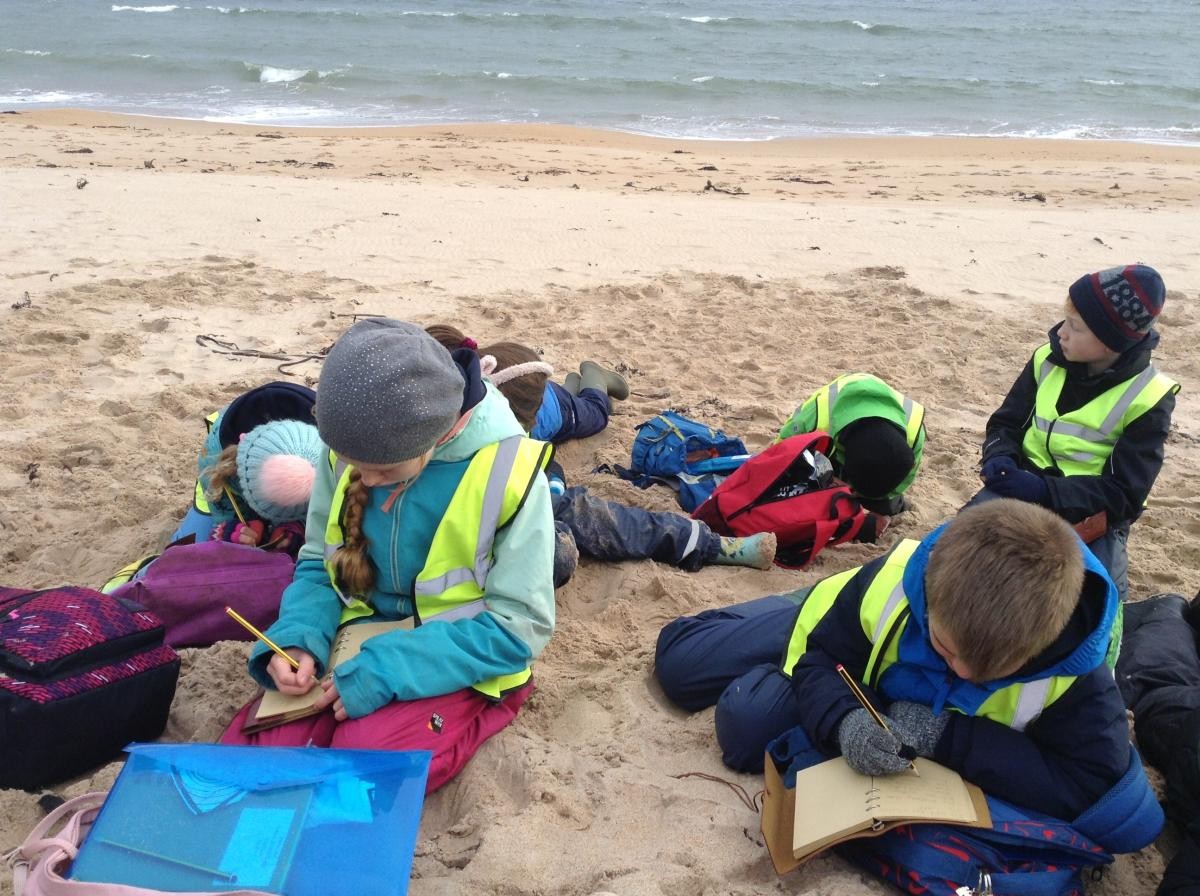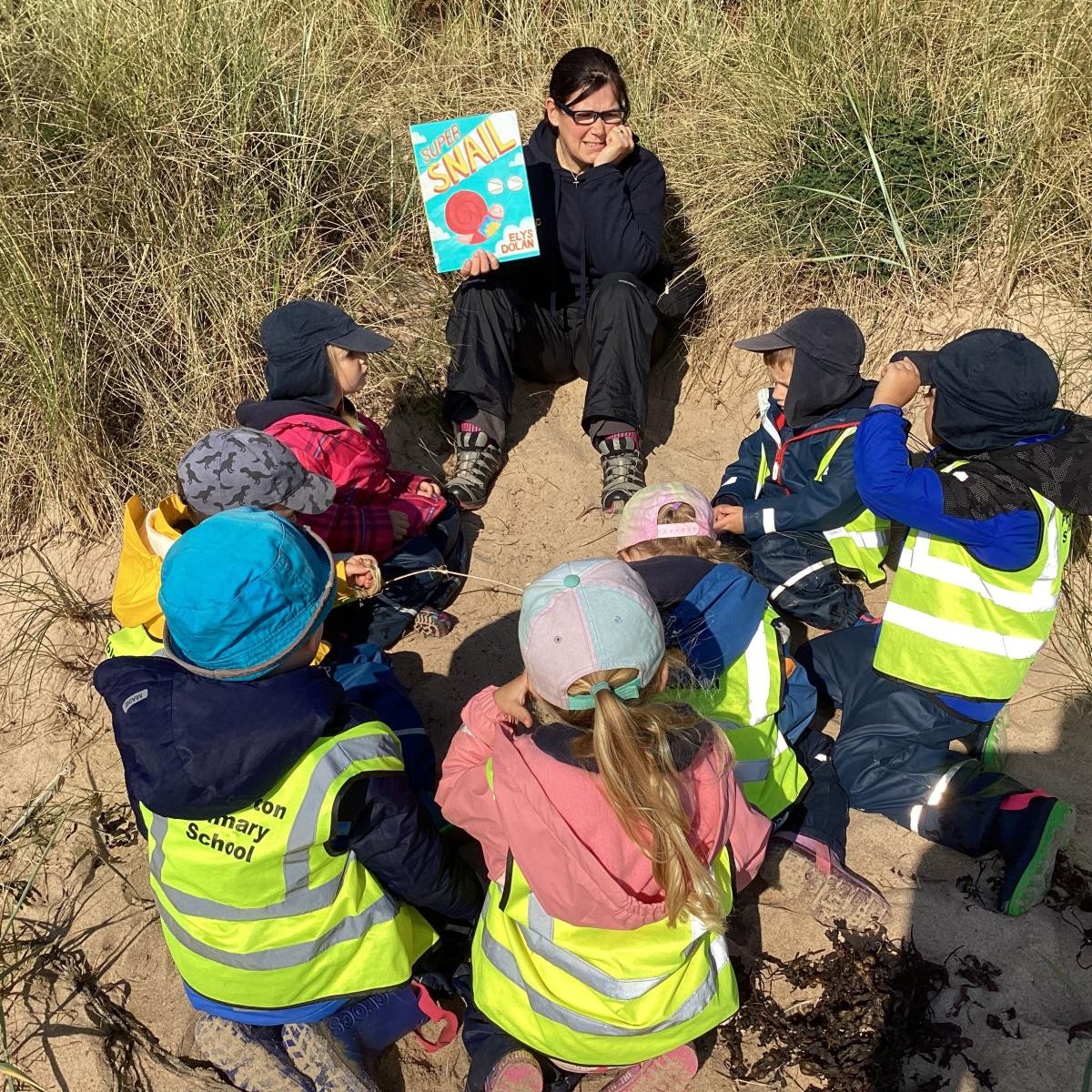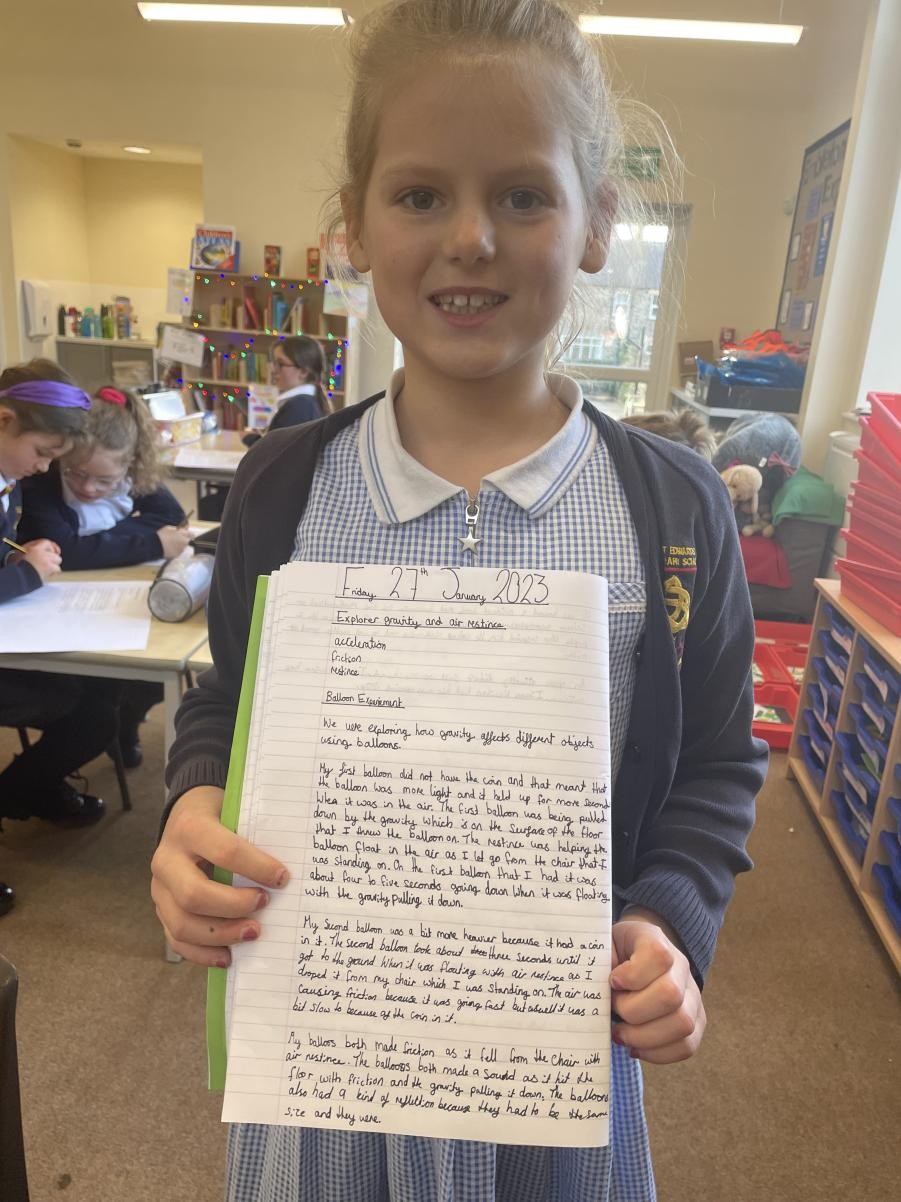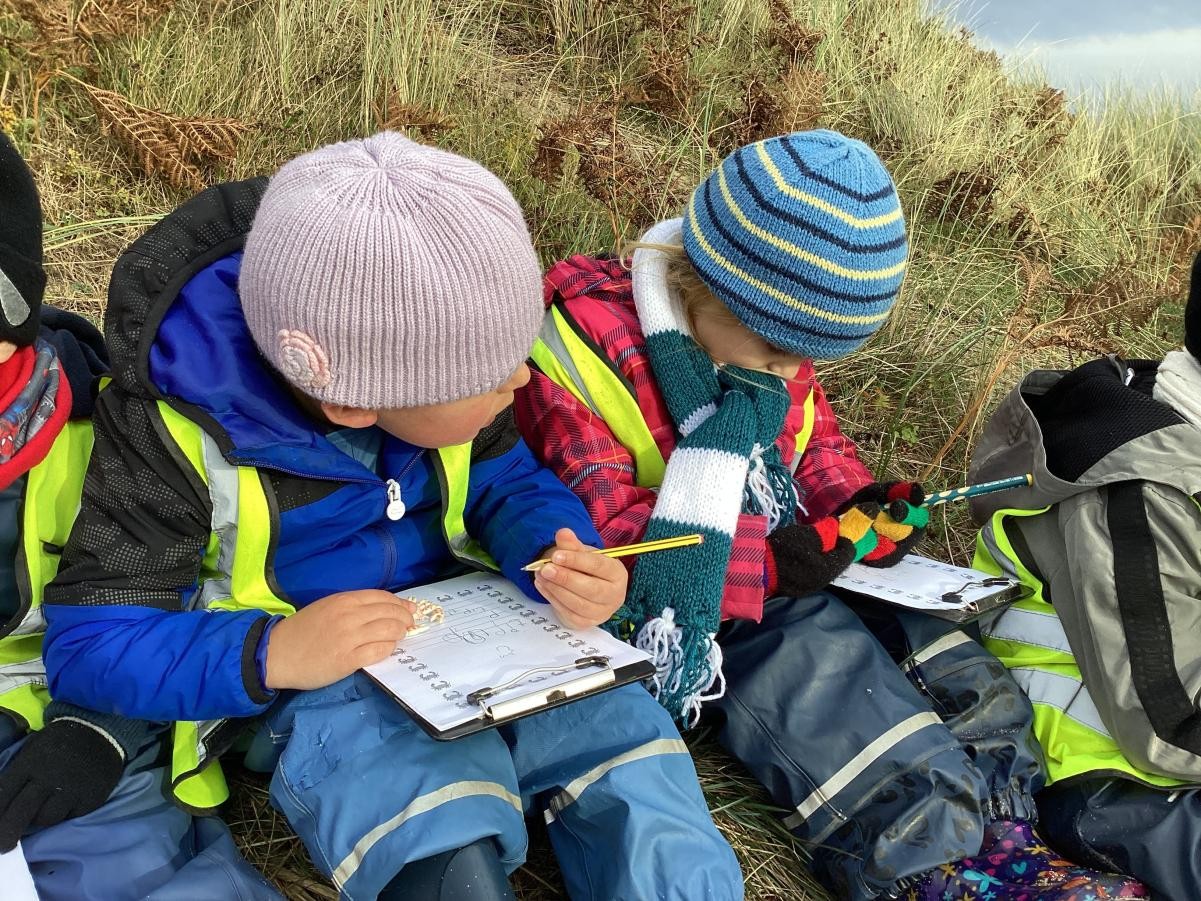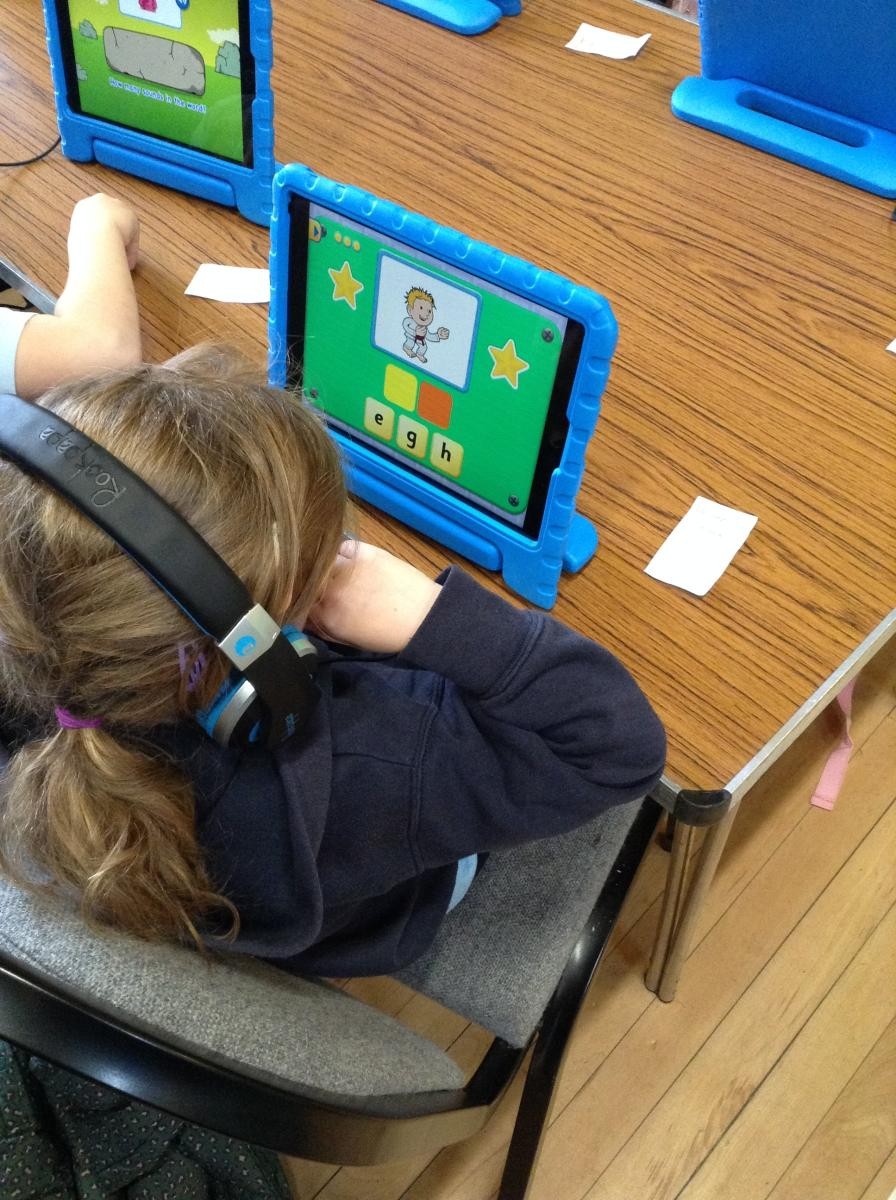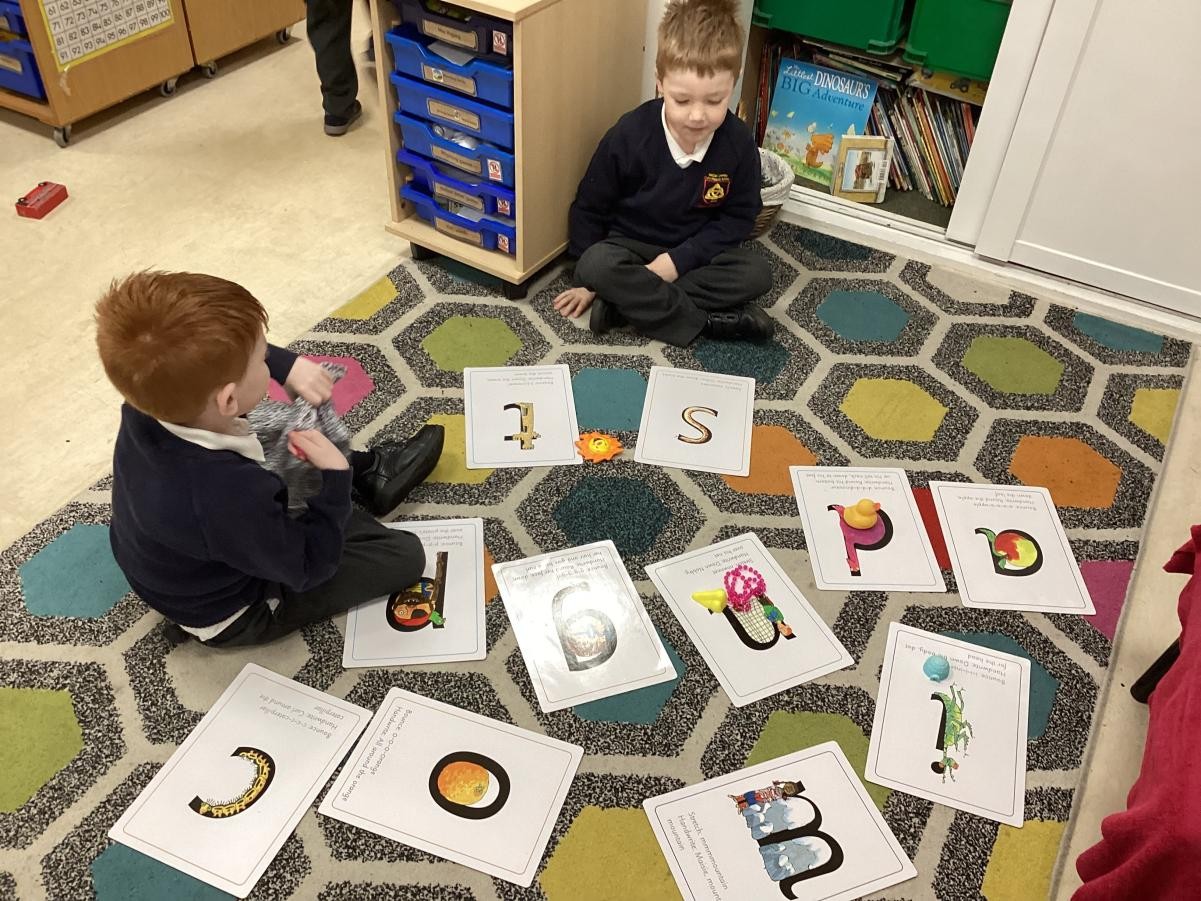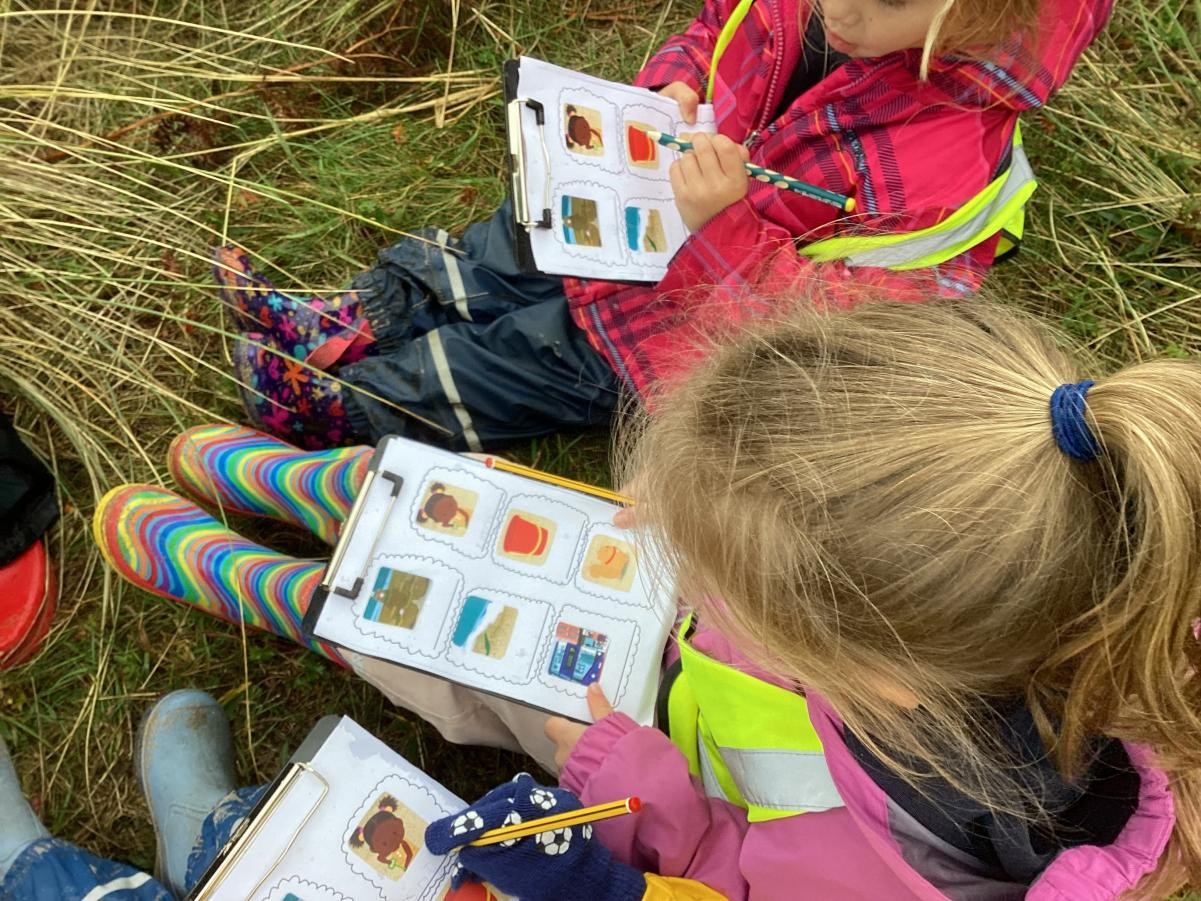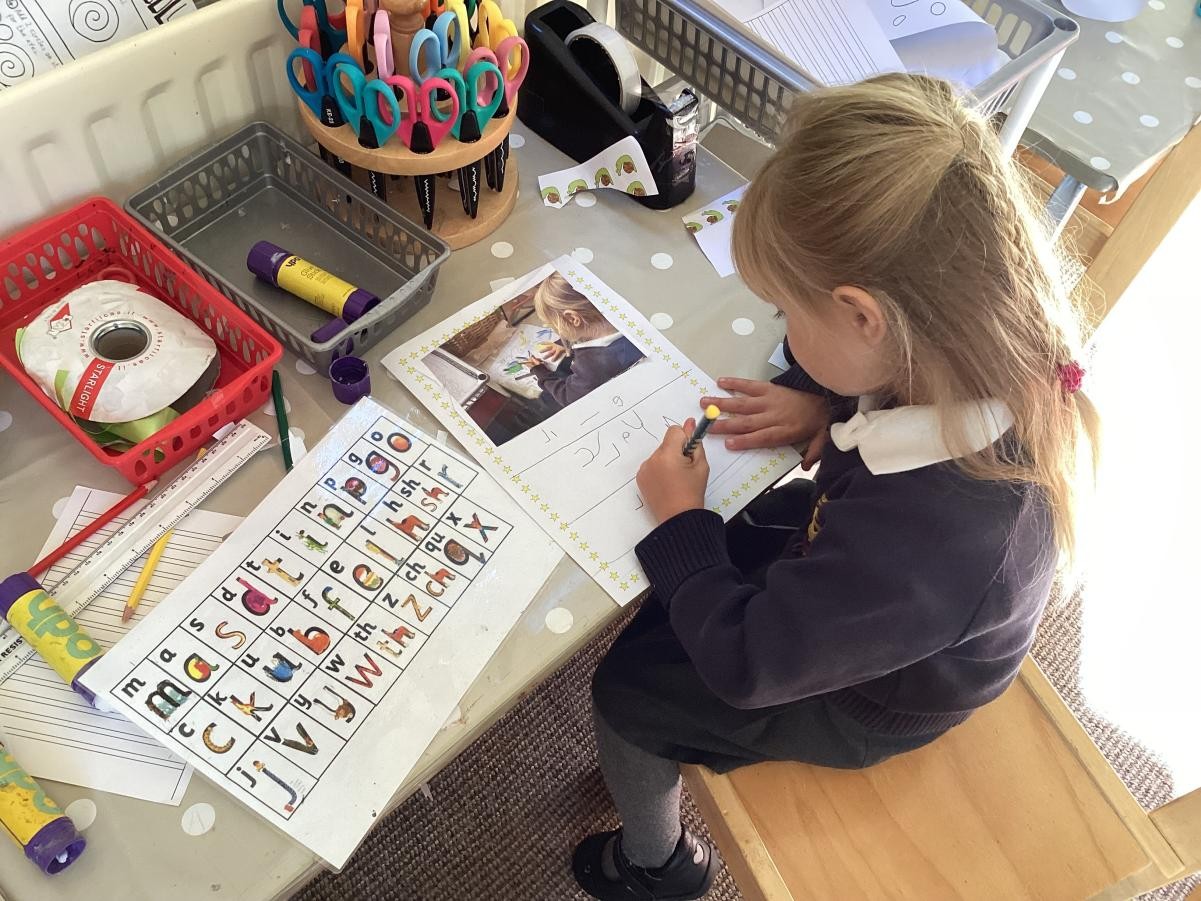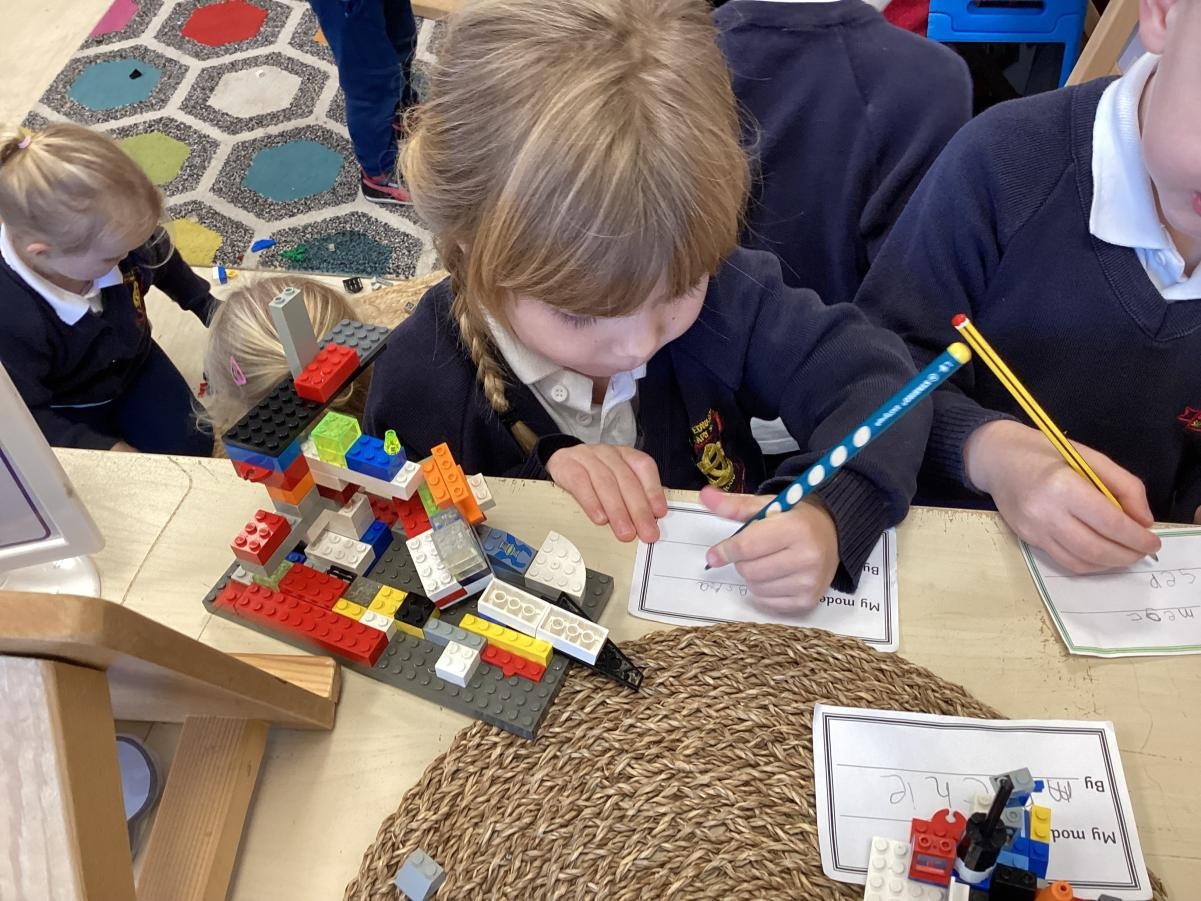At Embleton Primary school we value reading as an essential part of the whole curriculum. Our intent is for all children to be able to read with confidence and understanding whilst enjoying the wide range of books that we provided for them by the end of Year 2. We encourage children to discuss the books they have read with each other and with adults both at school and at home. At Embleton Primary school we believe that reading is fun, and approach it by using texts that the children find interesting and engaging.
Phonics
We approach reading through a systematic, synthetic phonics scheme in the Early Years and Key Stage 1. In Early Years children play games that encourage phonological awareness, before going on to start (usually in Reception) the more formal Read, Write, Inc programme (RWI). RWI is taught 4 times a week to all Reception and Key Stage 1 children for between 30 and 45 minutes. It is taught in very small groups targeted at narrow ability levels. Once initial sounds have been learnt, the programme goes on to support the teaching of reading and writing words, phrases and sentences. Children are assessed at regular intervals and individual booster sessions are given to any child falling behind. Those children who still require the programme into KS2 have opportunities to do so.
Reading
Children are introduced to a variety of texts from starting with us in nursery. Once they are ready they will begin to take home individual reading books. In school we use RWI texts that are closely matched to phonic sounds learnt for all children who have not yet achieved a pass in the phonics check. These are supplemented by Songbirds Phonics and Floppy's Phonics, again matched to sounds learnt. Experienced staff lead guided reading for the older children. Children are assessed at regular intervals to ensure that progress is being made (formative and summative, through termly PIRA tests). Each child is read with individually in school at least once a week. Those children that require extra reading to catch up are read with more frequently. Members of the community volunteer to come in and read with the children on a regular basis.
Reading for Pleasure
Each class devotes discrete time daily to the class teacher reading a story to the children. This allows children to access literature that they might not choose themselves, or is at a higher level than they are currently able to read.
All children are able to book out books from our school library. The library is run by volunteer pupils, and is open weekly. It has a wide range of fiction and non-fiction books to borrow.
English Curriculum
We have a text-based English curriculum. Teachers share books to support a particular theme or genre with the children. Children in the Early Years or Key Stage 1 use principles from talk4writing to support oral rehearsal and innovation.

